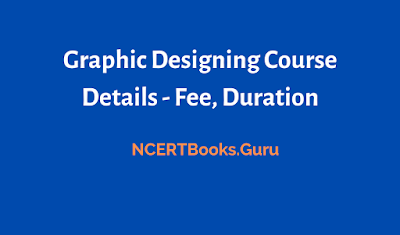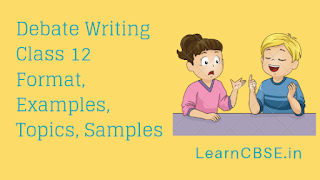CSIR-UGC NET JUNIOR RESEARCH FELLOWSHIP (JRF) AND ELIGIBILITY FOR LECTURESHIP
CISR holds a national level joint CSIR-UGC Examination (NET) in December, for determining the eligibility of Indian national candidates for the award of
Junior Research Fellowship (JRF) and for determining eligibility for appointment of Lecturers in certain subject areas falling under the faculty of Science.
Note: In Column No. 9, of the application form, a candidate should fill Code No. 1 for JRF +LS and 2 for Lectureship only, as the case may be. CSIR may put candidates of category 1 to category 2 depending on a number of fellowships available.

Also See: Scholarships 2019
Subject Code and Conditions of Eligibility:
Name of the Subject Areas Subject Code
Chemical Sciences 1
Earth, Atmospheric Ocean & 2
Planetary Sciences
Life Sciences 3
Mathematical Sciences 4
Physical Sciences 5
Educational Qualification: (i) M.Sc or equivalent degree with minimum of 55% for General & OBC candidates and 50% for the SC/ST candidates in the subject mentioned above or any related subjects. (ii) A candidate who is appearing/has appeared in the final year of M.SC/ equivalent examination, during the session can also apply for the Test. Such candidates will have to submit the attestation format (given in the end of application) duly certified by the Head of the Deptt./Institution over his/her signature and rubber stamp (with address and name) where he/she is appearing in the final year exam. However, such candidates will be considered eligible for JRFs/LS only after they submit the proof of having passed the Master’s Degree examination with at least 55% marks in case of candidates belonging to General & OBC Categories & 50% marks in case of candidates belonging to SC/ST categories in the relevant or related subject.
This must be submitted latest by a date of June.
Age Limit: The age limit for admission to the eligibility test is as under: (a) For JRF (NET): Minimum 19 years and maximum 28 years (upper age limit relaxable upto 5 years in case of candidates belonging to SC/ST/OBC, Physically Handicapped and Female applicants). (b) For LS (NET): Minimum 19 years. No upper age limit.
Scheme and Date of the Test: The test will consist of two papers to be as under: Paper 1-Marks 200, Duration: 2 ¼ hours ; Paper II-Marks 200, Duration: 2 ½ hours.
Scheme of Test: Paper I: Paper I will consist of 2 parts. Section A will consist of 30 questions on general information on Science and its interface with Society to test the candidates awareness of science, aptitude for scientific research and quantitative reasoning and also a few questions from common elementary computer science. Section B will consist of 70 objective type questions from the subject area chose by the candidates. Negative marking will be there for wrong answers.
Paper II: Paper II will consist of number of question requiring descriptive answers (of maximum one page length). The candidate is required to answer a specific number of questions ranging from 10 to 16 in his opted subject. For more details about modes of payment, examination centers and instructions for filling up the form please refer to the advertisement in Employment News.
Notifications for the programme are normally published in Employment News in the month of February and July-August.







